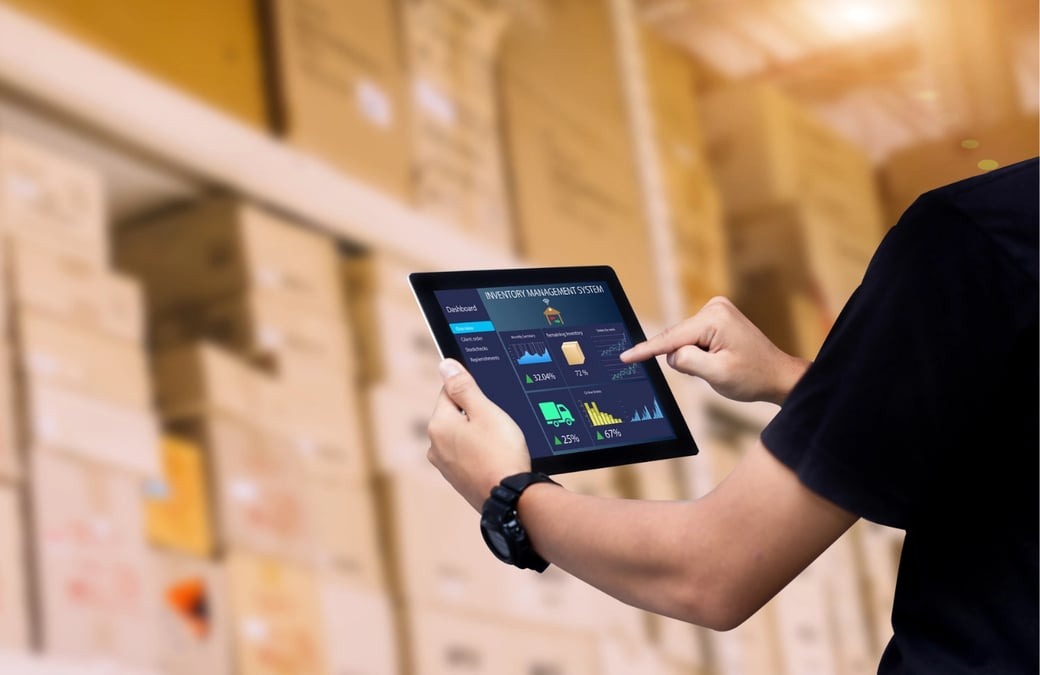As the digital landscape continues to evolve, Voice over Internet Protocol (VoIP) home phone services have emerged as a revolutionary solution for modern homes in the UK. These services have not only transformed the way we communicate but also offer a myriad of advantages over traditional landline telephony. This comprehensive guide explores the latest innovations in VoIP home phone services, highlighting the benefits and technological advancements that make it the preferred choice for contemporary households.
What is VoIP and How Does It Work?
VoIP is a technology that allows voice communications and multimedia sessions over the Internet. Unlike traditional phone systems that rely on circuit-switched networks, VoIP converts voice signals into digital data packets, which are then transmitted over the internet. This process not only enhances the quality of calls but also significantly reduces the cost of communication.
Key Innovations in VoIP Home Phone Services
1. Enhanced Call Quality with HD Voice
One of the most notable advancements in VoIP technology is the introduction of High-Definition (HD) Voice. HD Voice uses wideband audio codecs, which provide a broader range of audio frequencies compared to traditional telephony. This results in crystal-clear voice quality, making conversations more natural and easier to understand.
2. Integration with Smart Home Devices
VoIP home phone UK services are now seamlessly integrating with smart home ecosystems. This integration allows users to control their VoIP services using voice commands through smart assistants like Amazon Alexa, Google Home, and Apple Siri. For instance, you can make and receive calls, check voicemail, and even set up conference calls using just your voice.
3. Advanced Security Features
Security is a paramount concern in today’s digital age. Modern VoIP home phone services incorporate advanced security features such as end-to-end encryption, secure SIP (Session Initiation Protocol), and robust firewalls to protect against eavesdropping and cyber-attacks. These measures ensure that your conversations remain private and secure.
4. Mobile VoIP
The rise of Mobile VoIP has further enhanced the flexibility of VoIP services. With mobile VoIP apps, users can make and receive calls using their smartphones, tablets, or laptops, regardless of their location. This mobility ensures that you are always connected, whether you are at home, in the office, or on the go.
5. Virtual Phone Numbers
Virtual phone numbers are another innovative feature of modern VoIP services. These numbers are not tied to a specific location and can be used to route calls to any device with an internet connection. This is particularly useful for businesses and individuals who need a local presence in different geographic regions.
6. Unified Communications
VoIP home phone services are increasingly becoming part of Unified Communications (UC) systems. UC integrates various communication tools, including voice, video, instant messaging, and email, into a single platform. This integration streamlines communication and collaboration, making it easier to manage multiple channels from one interface.
7. Scalability and Flexibility
VoIP services offer unparalleled scalability and flexibility. Whether you need a single line for your home or multiple lines for a small business, VoIP can easily scale to meet your needs. Additionally, you can customize your VoIP setup with a wide range of features, such as call forwarding, call waiting, voicemail-to-email, and more.
Benefits of VoIP Home Phone Services
1. Cost Savings
One of the primary advantages of VoIP is the significant cost savings it offers. Traditional landline services often come with high monthly fees and long-distance charges. In contrast, VoIP services typically offer lower rates and free long-distance calls, resulting in substantial savings on your phone bill.
2. Portability
VoIP’s portability is a major benefit for modern homes. Since VoIP numbers are not tied to a specific location, you can take your phone service with you wherever you go. This is especially useful for people who move frequently or travel often.
3. Enhanced Features
VoIP services come with a wide range of features that are either unavailable or cost extra with traditional phone services. These features include call forwarding, caller ID, voicemail, call recording, video conferencing, and more. These advanced features enhance the overall communication experience and provide greater convenience.
4. Easy Setup and Maintenance
Setting up a VoIP home phone system is relatively simple and does not require extensive technical knowledge. Most VoIP providers offer plug-and-play devices that can be easily connected to your existing internet setup. Additionally, maintenance is minimal, and updates are often handled remotely by the service provider.
5. Environmental Impact
VoIP services are also more environmentally friendly compared to traditional landlines. They require less physical infrastructure and consume less power, contributing to a reduction in carbon footprint.
Future Trends in VoIP Home Phone Services
1. 5G Integration
The advent of 5G technology is set to revolutionize VoIP services further. With its ultra-fast speeds and low latency, 5G will enhance the quality and reliability of VoIP calls, making it a viable option for high-definition video conferencing and other data-intensive applications.
2. Artificial Intelligence (AI)
AI is playing an increasingly important role in the evolution of VoIP services. AI-powered features such as voice recognition, natural language processing, and predictive analytics are being integrated into VoIP systems to provide more intelligent and responsive communication solutions.
3. Internet of Things (IoT)
As the Internet of Things continues to expand, VoIP services are expected to become even more integrated with smart home devices. This will enable seamless communication between various IoT devices, creating a more connected and efficient home environment.
4. Enhanced Video Communication
With the growing demand for remote work and virtual meetings, VoIP providers are focusing on enhancing video communication capabilities. Future innovations may include ultra-high-definition video, virtual reality conferencing, and more immersive collaboration tools.
5. Blockchain Technology
Blockchain technology holds the potential to further secure VoIP communications. By leveraging decentralized and immutable ledgers, blockchain can provide additional layers of security, ensuring that VoIP calls are tamper-proof and verifiable.
Conclusion
VoIP home phone services are continuously evolving, driven by technological advancements and changing consumer needs. The innovations in VoIP technology offer numerous benefits, from enhanced call quality and advanced security to cost savings and greater flexibility. As these services continue to integrate with emerging technologies like 5G, AI, and IoT, the future of VoIP looks incredibly promising. Modern homes in the UK are well-positioned to take advantage of these cutting-edge communication solutions, ensuring that they remain connected in an increasingly digital world.
Keep an eye for more latest news & updates on Internal Insider!










